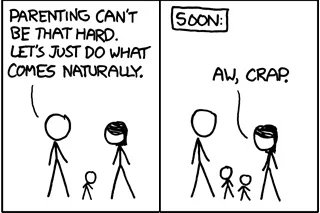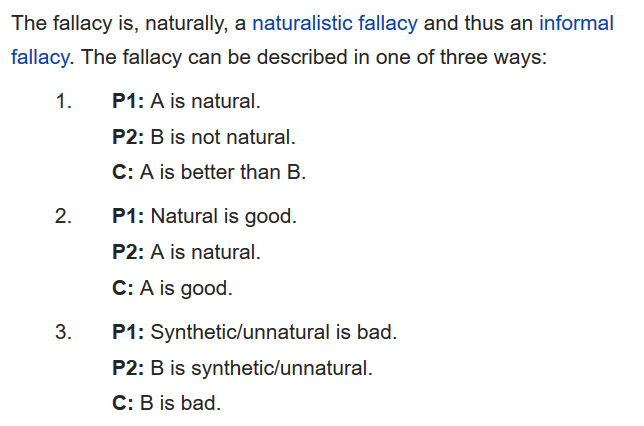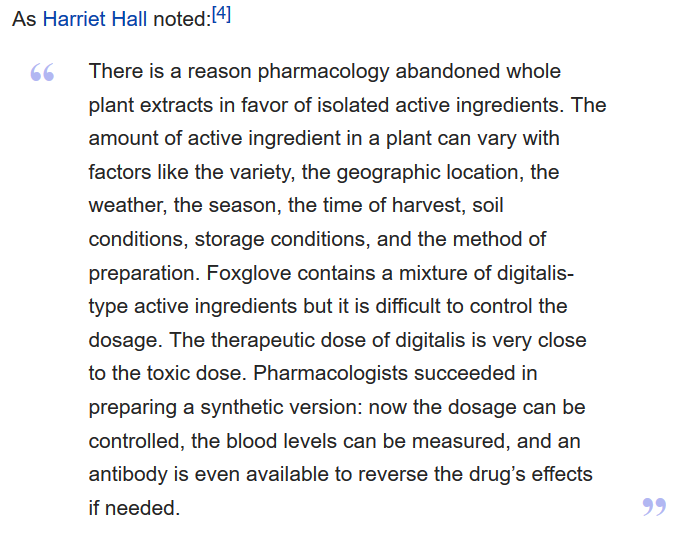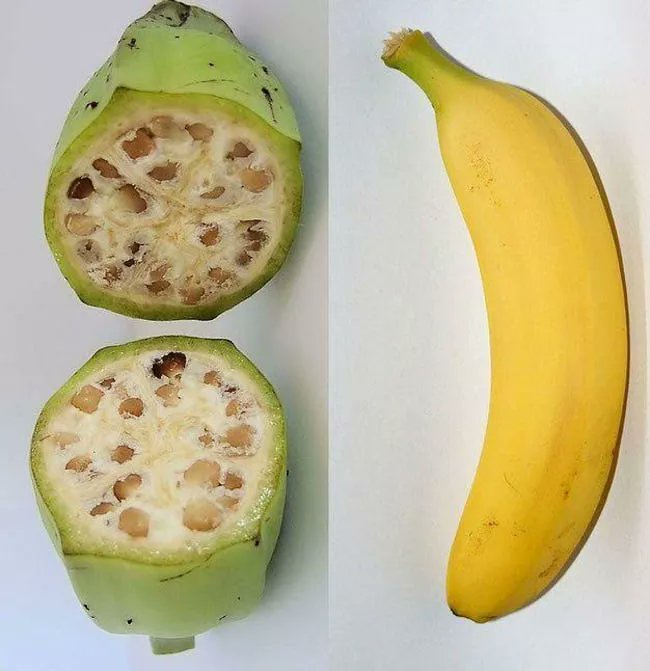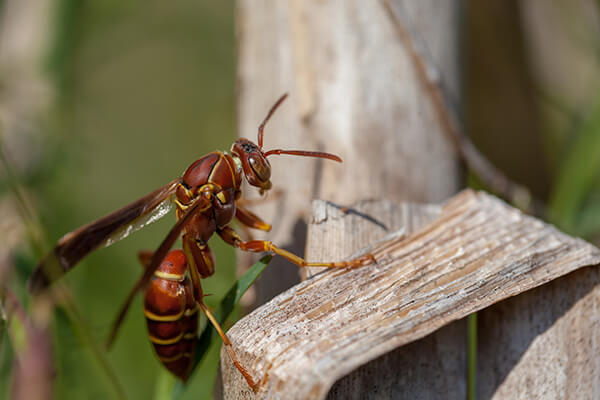Day 12: Appeal to Nature
This is the argument that a thing which is believed to be natural is good or valid. Conversely, unnatural or artificial things are bad or wrong. The premise that a natural thing is desirable is fallacious because what is “natural” is vague or subjective.
This is the argument that a thing which is believed to be natural is good or valid. Conversely, unnatural or artificial things are bad or wrong. The premise that a natural thing is desirable is fallacious because what is “natural” is vague or subjective.
It is a form of equivocation fallacy, in as one meaning of natural is “a proper, fitting state” and another is “not made by humankind.” The meanings are subtly substituted in the argument proposed, thereby misleading the listener that something is inherently good or valid.
Of course, nature is as cruel as it is beautiful. There are poisons which are naturally occurring, as well as diseases, disasters, predatory animals etc. Whereas aspects of human civilisation such as running tap water, electronic devices, vehicles, and medical items are man-made.
Quite simply, humans do not necessarily corrupt items created from nature. We are ourselves part of nature. These are matters of ethical philosophy, existentialism, and other philosophic fields. What should be understood is that the concept of nature is not clearly defined.
The fallacy is turned on its head by pharmacology. Pharmacists isolate active ingredients from plants in order to control dosage and limit variables. Because of this, effects can be controlled and antibodies can even be applied to reverse negative effects.
Advocacy for alternative medicine, organic food, veganism, raw foodism, anti-vaccination, and all forms of naturopathy (including urine therapy) rely on this fallacy. Loaded terms like “all-natural”, “self-healing”, and “non-invasive” are deployed to persuade the public.
Evidence-based medicine is often referred to in derisive terms. The term chemicals evoke a naturally negative feeling, when in fact it means “isolated substances.” Essential oils, minerals, or supplements are hallmarks of alternative medicine, and yet these are also chemicals.
The distinction between natural and synthetic is often a False Dichotomy. Some of the foods we enjoy today are, contrary to popular belief, not natural, but were genetically modified through selective breeding from as far back as millenia ago to as late as the 20th century.
These foods include (not in any order) lemons, oranges, cabbage, peanuts, almonds, carrots, strawberries, and sweetcorn. The banana created by the United Fruit Company in the 1950s are so genetically similar due to cloning that they can be considered a single collective organism.
Some foods (e.g peaches, vanilla, cinnamon) are either so naturally rare that they& #39;re synthesised to meet global demand, or are too expensive and replaced with cheaper alternatives. Milk and coffee are usually not consumed in their natural form, and yet are considered natural.
Cassava is naturally high in cyanide and can cause intoxication, partial paralysis, and death. Potato fruit is rich in solanine, which is deadly. This perhaps explain why you never knew potato had a fruit. There are several more fascinating examples in these links (next tweet):
https://www.sciencealert.com/fruits-vegetables-before-domestication-photos-genetically-modified-food-natural
https://www.sciencealert.com/fruits-ve... href=" https://listverse.com/2018/12/11/10-fruits-nuts-and-vegetables-you-did-not-know-were-man-made/">https://listverse.com/2018/12/1... https://www.mashed.com/90086/foods-idea-natural/">https://www.mashed.com/90086/foo...
This fallacy also manifests in social or political scenarios. Acts of rashness, wrath, malice, greed, and even promiscuity are justified by some because “anybody would do the same” and therefore they’re natural and valid.
A strong party oppressing a weaker one is handwaved because it is “survival of the fittest.” Grotesque or unacceptable behaviour is accompanied with "well, life is not fair." This overlaps with the Appeal to Emotion fallacy.
Concepts such as war, agriculture, division of labour, language, ownership, tool use, and even paper were not in fact invented by humans but are seen among other species. Humans merely take them to a grander scale. This throws up the notion of what is “man-made” on its head.
This is not a treatise arguing against the benefit of natural foods or phenomena. However, the goodness of a thing or the validity of an argument should be evaluated independent on one’s notion of what is natural.
For example, our economy is heavily reliant on rainfall, which is natural and good. But the same rainfall wreaks deadly havoc, and we need artificial structures to mitigate this.
Fruits and vegetables are nutritiously superior to sausages and candy and other processed foods, which cause inflammation, among other harms. However, since not every natural food is beneficial, one should not ingest a naturally occurring and harmful substance.
In order to counter arguments containing this fallacy, you should draw attention to how the concept of nature is vague, and how it is a flawed assumption to indicate that "natural" entails good. The best approach is to not be confrontational, as that could reinforce support.
https://tvtropes.org/pmwiki/pmwiki.php/Main/AppealToNature
https://tvtropes.org/pmwiki/pm... href=" https://rationalwiki.org/wiki/Appeal_to_nature
https://rationalwiki.org/wiki/Appe... href=" http://www.fallacyfiles.org/adnature.html
https://www.fallacyfiles.org/adnature.... href=" https://effectiviology.com/appeal-to-nature-fallacy/">https://effectiviology.com/appeal-to...

 Read on Twitter
Read on Twitter